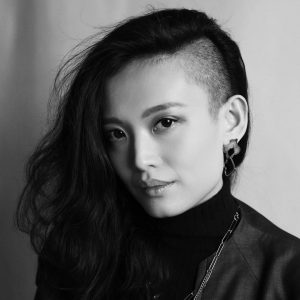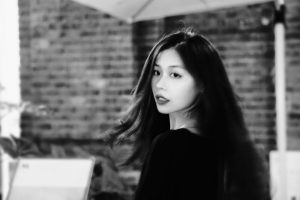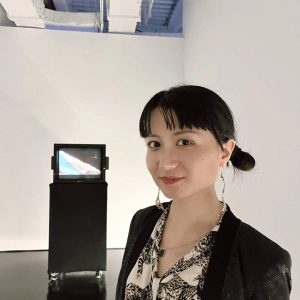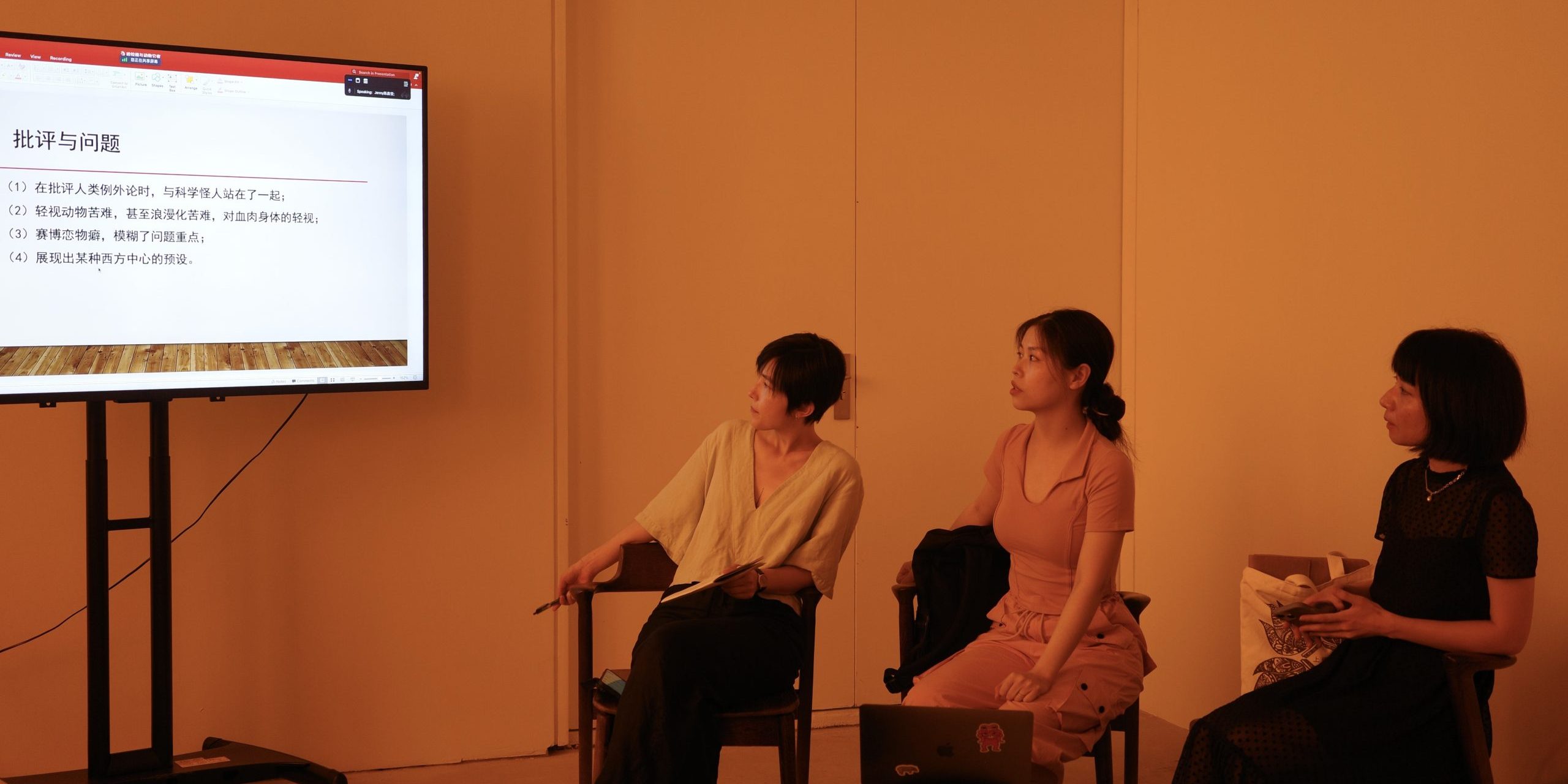Longlati Public Program | Heteroglossia
In response to the shift of forefront of thoughts and resonate with the pulse of the times, the Longlati Collection and Patronage Program was initiated in 2017 with three themes: 20th-century international women artists, minority and multi-minority cultures, and the practice of post-90s Chinese artists. These threads fall within three emerging academic fields: feminist philosophy, minority theory, and Sinophone studies. However, these fields, closely related to “otherness,” have not yet been intensely cultivated and connected in the Sinophone circle. Motivated by this condition, “Heteroglossia” seeks to answer questions such as: What is the significance of producing feminist exhibitions in the Sinophone world? Why must we pay particular attention to minority groups and their theories? Are Chinese a minority? In the wake of identity politics, how do we find discourses that link each other amid the clamor of the multitudes? In particular, how can the voices of the many proclaim “Hua”?
Co-curators: Jenny Jiaying Chen, Mingzhe Chen, Daihai Zhang
1.2 Ecology of the Other
In this issue, we will continue to delve into the concept of the “Other” and extend it to the realm of non-human “Others.” According to Levinas, empathy with the Other—not in the universal sense, but with the Other as a particular individual—is the potential cornerstone for the development of cross-species ethics. As a discipline that studies the Other, anthropology seems to have carried the burden of its original sin since the era of colonial domination. The “Other” in early anthropology referred to the gap between subject and object, the human and the natural, ontology and materiality. Until the 1990s, this tradition was shaken by the postmodernist trend, leading to a shift in the ontological direction of anthropology. Bruno Latour, Philippe Descola, Eduardo Viveiros de Castro, Roanqing, and others have been committed to criticizing the anthropocentric representationalist tradition in anthropology. Descola, in his book “The Ecology of Others,” proposes an examination of the relationship between humans and other species, placing the Others within the context of ecology, economy, and society to study their interactions.
At the same time, besides organisms such as animals, plants, and single-celled organisms, the term “Other” also includes non-living inorganic entities, including the products of technoscience, as well as the hidden ghosts and everything that is unknown to us. The relationship between humans and the “Other” becomes more complex and subtle, making the contested notion of cyber-format “hybridity” in Haraway’s sense more relevant. How can we reconstruct boundaries while approaching the “Other” infinitely closely? How can we maintain our subjectivity while opening ourselves to the “Other”? These are all questions that are worth further contemplation.
Period: July 5, 2023 12:00-14:00
Venue: Longlati Garden Exhibition Area
Readings
- Philippe Descola, The Ecology of Others, Chicago: Prickly Paradigm Press, 2013.
- Zipporah Weisberg, “The Trouble with Posthumanism: Bacteria are People Too (Thinking The Unthinkable: New Readings in Critical Animal Studies, edited by John Sorenson. Toronto: Canadian Scholars Press, 2014).
Guests

Cao Shuyi is an artist based in New York who explores the alchemy of creation and knowledge, as well as the diverse relationships between technology, mythology, and cosmology, through speculative archaeology and ecological science fiction. Her multimedia installations integrate inorganic and organic materials, natural and artificial processes, combining handcrafted sculptures with digital technology, imagery, and sound, embodying the heterogeneous recombination of material temporality. Her works have been exhibited at Today Art Museum, Ming Contemporary Art Museum, Para Site Art Space in Hong Kong, Long March Space in Beijing, Hive Center for Contemporary Art, Kunming Contemporary Art Museum, New Time Line Media Art Center, Banff Centre for Arts and Creativity in Canada, New York Foundation for the Arts, Agnes Varis Art Center, Front Gallery, and the 13th A.I.R. Biennial, among others. She has received the Wang Shikuo Young Artist Support Program and Today Art Young Artist Nomination Award, Tishman Environmental and Design Center Research Grant from The New School, and the Artist Grant from the Massachusetts Museum of Contemporary Art. She is currently a Visiting Assistant Professor at Pratt Institute and a lecturer at Parsons School of Design. She holds a Bachelor’s degree in Law (2013) and a Master’s degree in Public Administration (2016) from Fudan University, as well as a Master of Fine Arts degree in Fine Arts (2018) from Parsons School of Design.

Chen Mingzhe, East China Normal University Simian Institute for Advanced Studies, doctoral student in Western Philosophy, research areas include feminist epistemology, feminist ethics, posthumanist theory, etc.

Li Suchao, a graduate of the Art History Master’s program at the University of Glasgow, currently resides and works in Shanghai, engaging in art writing, research, and exhibitions. Since 2021, she has also served as a researcher at the Mecen IPC Art Center and as a member of the Longlati Foundation’s Writers and Collectors Committee. Her writing has been featured in numerous domestic and international art media and institutions, including ArtReview Asia, artnet, Art-Ba-Ba, Artforum, LEAP, Ocula, and others. In 2019, she received the Second Prize in the 6th International Art Criticism Award (IAAC). Her recent research focuses on the landscape of the Anthropocene, the dialogue between the humanities and ecology, the entanglement of humans and non-humans, life and non-life, as well as post-human and feminist studies. Some of her research presentations and dialogues can be found on her personal YouTube channel, LISuchao.






